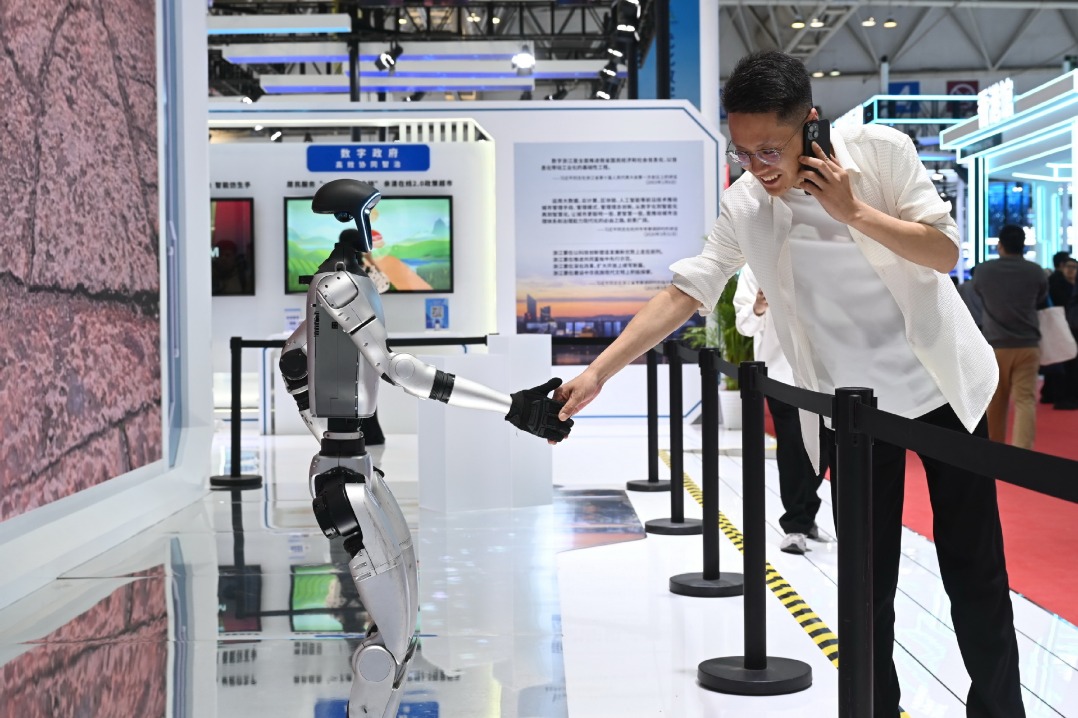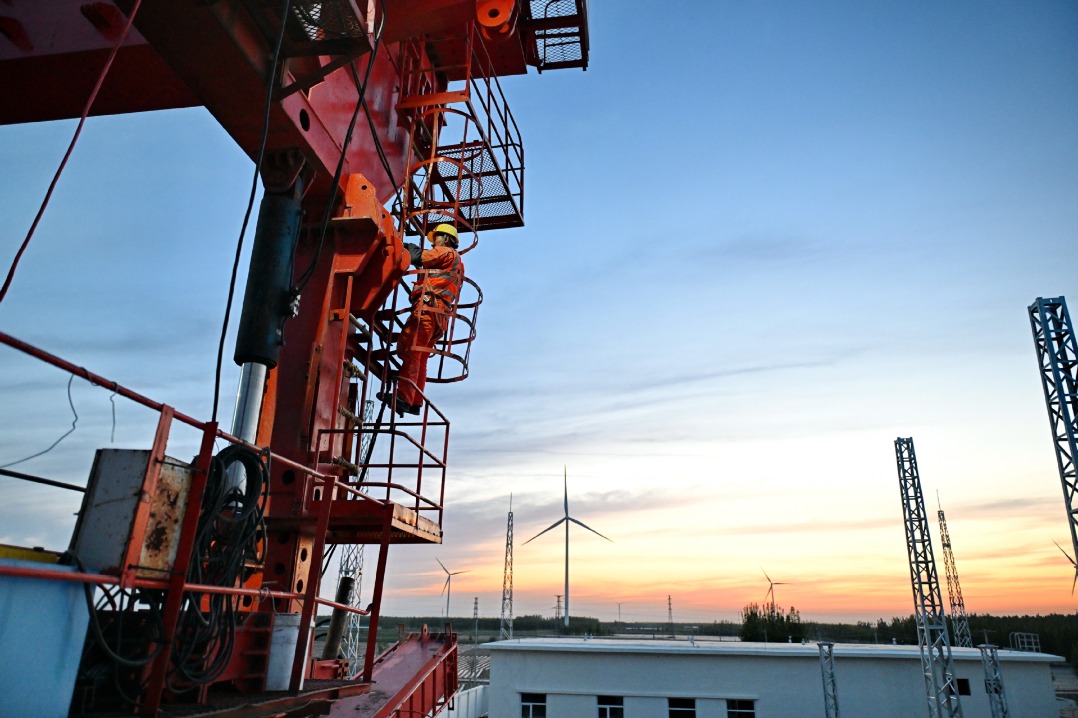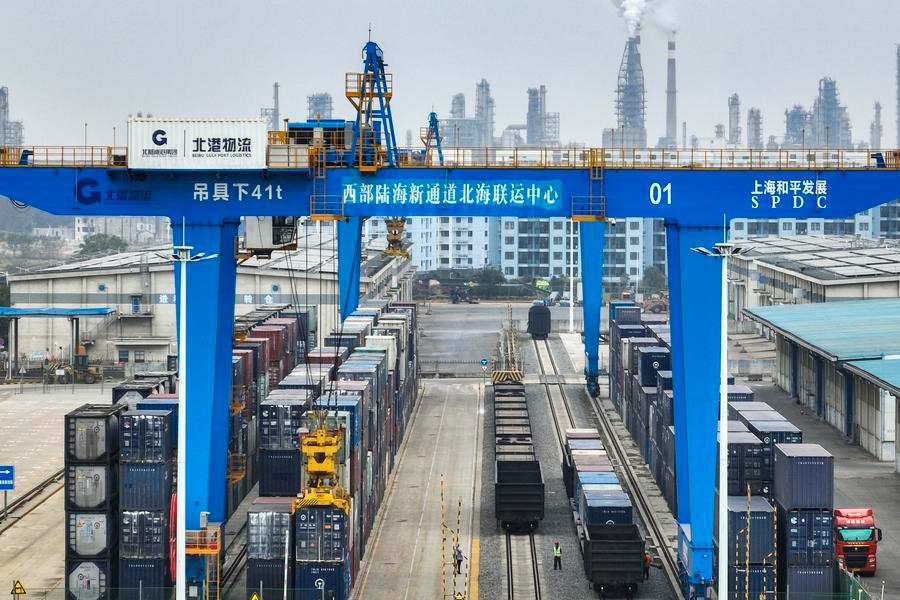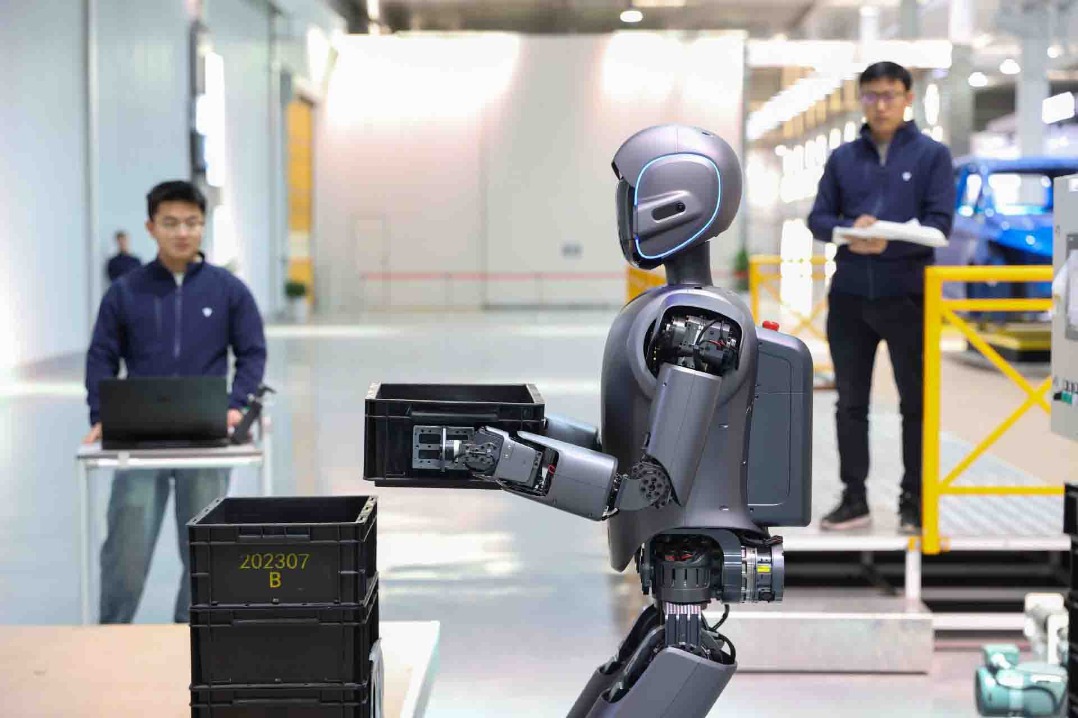Hesai's IPO raises prospects for unmanned driving

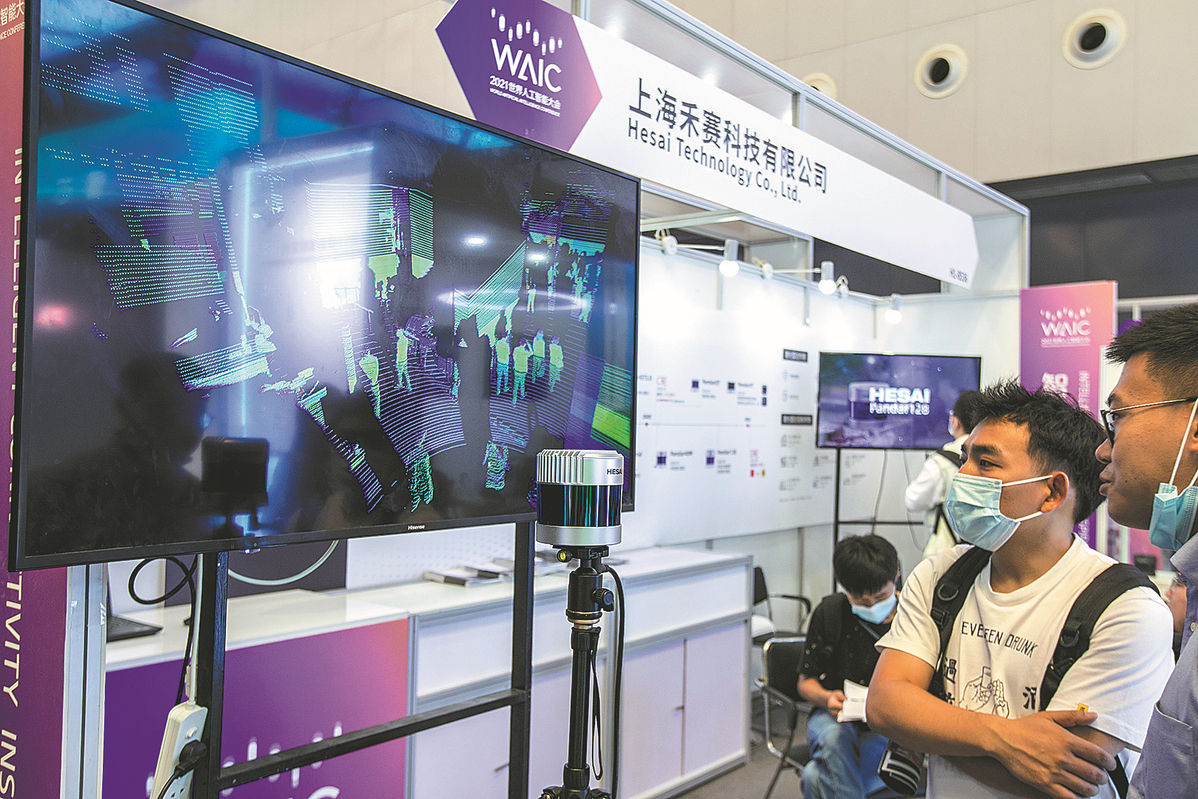
American depositary shares of Hesai Group, a Shanghai-based developer of sensor technologies used in self-driving cars, rose 11 percent in its US trading debut after raising $190 million from its IPO on the Nasdaq.
It is the largest IPO by a Chinese issuer in the US market since October 2021, according to global financial data provider Dealogic.
Hesai, which is backed by strategic investors Baidu Inc, Xiaomi Corp, Qiming Venture Partners and German engineering conglomerate Robert Bosch GmbH, sold 10 million ADS — traded under the symbol HSAI — for $19 each. They opened at $23.75 and closed at $21.05 on Thursday, creating a market value of about $2.6 billion.
The listing also marks a comeback of some Wall Street investment banks to the trading arena of Chinese companies seeking to raise capital in the US. Hesai's IPO is the first such transaction underwritten by Goldman Sachs, Morgan Stanley and Credit Suisse since 2021.
Founded in 2014, Hesai makes three-dimensional light detection and ranging, or LiDAR, solutions that enable a broad spectrum of applications across passenger and commercial vehicles with advanced driver assistance systems and autonomous functions. As of Dec 31, Hesai shipped over 103,000 LiDAR units.
According to a Frost & Sullivan report, Hesai was the global leader in the autonomous mobility LiDAR market by 2021 with about 60 percent of the global market share. Hesai aims to expand its presence on the global stage.
Li Yifan, co-founder and chief executive officer of Hesai, said the company opted to pursue a US listing over other venues because it wanted more exposure on the global stage.
Li said in an interview with Bloomberg that Hesai is talking to several global carmakers for potential business opportunities. "For them to make those decisions, being able to know we are publicly traded, well-funded with healthy growth margin and cash-flow is tremendously important," he said.
Hesai's sales have been growing steadily in the past three years. The company's sales in the first nine months of 2022 reached some $112 million, with its net loss in the period shrinking to $23 million, according to its filings with the US Securities and Exchange Commission.
Hesai's annual gross profit margin from 2019 to 2021 was 70.3 percent, 57.5 percent and 53 percent, respectively.
In 2021, it invested 368.4 million yuan ($54.1 million) in research and development, accounting for 51.1 percent of its net revenue in the same period.
Duane Kuang, founding managing partner of Qiming Venture Partners, said the investor looks forward to seeing more technology and product innovations from Hesai to help promote the wider adoption of autonomous driving.
"As the global automotive industry moves to cleaner and smarter vehicles, the industry landscape will continue to evolve. We see many interesting investment opportunities in the intelligent and autonomous driving value chain," Kuang said.
Straits Research forecast that the global LiDAR market size in terms of annual revenue will likely reach $6.93 billion by 2030, with a compound annual growth rate of 19.27 percent from 2022 to 2030.
















